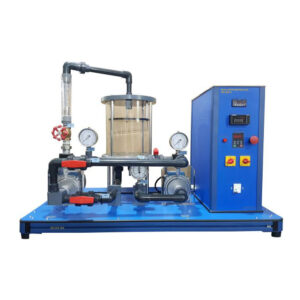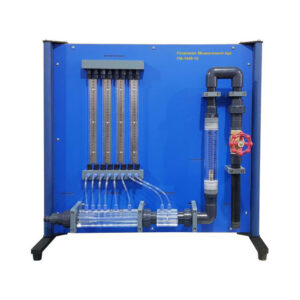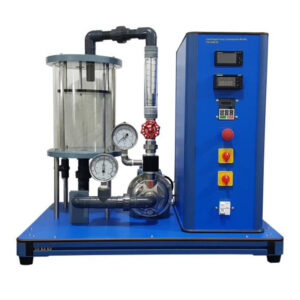A steam jet-based compressor instead of a mechanical one is used in Steam jet refrigeration systems, as opposed to conventional compression refrigeration systems. This enables the utilizations heat sources for the generation of cold. Examples of such sources are solar energy and processing waste heat. The system has two refrigerant circuits, one of which is used to produce cold (the refrigeration cycle), and the other of which is used to produce motive steam (steam cycle). The refrigerant steam is compressed by the steam jet compressor before being delivered to the condenser. Condenser is a transparent tank with a pipe coil that is water-cooled. During the refrigeration cycle, some of the condensed refrigerant enters the evaporator, which is attached to the steam jet compressor’s intake side. The evaporator is a type of flooded evaporator, in which a float valve maintains a steady fill level. The refrigerant evaporates after absorbing the heat from the heater or the surrounding air. By using a steam jet compressor to separate and then compress the refrigerant vapour. The other portion of the condensate is transported into a steam generator during the steam cycle by a pump. The refrigerant is evaporated in a water-jacketed tank that is electrically heated. The steam jet compressor is driven by the refrigerant vapor that is produced. The experimental unit measures and displays all relevant measured data, including pressure and temperature. The evaporator’s heater power can be adjusted. A valve is used to control the condenser’s flow rate of cooling water.
Software IRC-1910SW (optional)
DAQ software specially designed in National Instrument™, LABVIEW™ environment to measure and calculate the results of apparatus. While using software a set of electronic sensors are included. Software can be run with any Windows™ environment.




